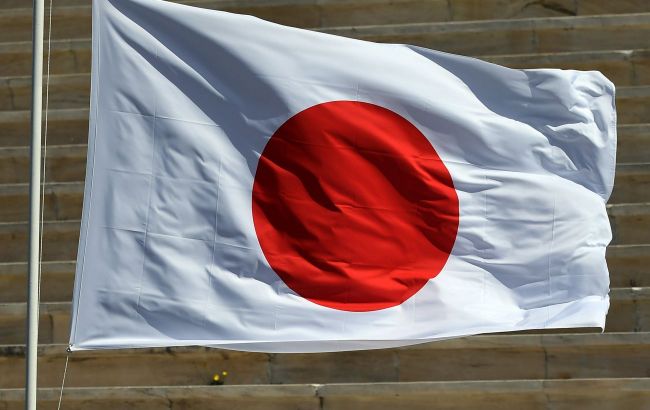Japan sends senior diplomat to China amid Taiwan tensions
 Flag of Japan (photo: Getty Images)
Flag of Japan (photo: Getty Images)
Against the backdrop of renewed tensions around Taiwan, one of the key international players is sending its representative for talks, seeking to prevent further escalation and protect its interests in the region, Reuters reports.
Tokyo is taking diplomatic steps to ease the sharp deterioration in relations with Beijing, triggered by statements about a possible security threat in the event of Chinese military action against Taiwan.
It is reported that on Monday, November 17, one of the senior officials of the Japanese Foreign Ministry will travel to China to clarify Tokyo's position and attempt to de-escalate the conflict.
Reason for escalation
The dispute intensified after Prime Minister Sanae Takaichi stated to lawmakers that a potential Chinese attack on Taiwan could threaten Japan's existence and theoretically lead to a military response.
Officials previously avoided such assessments to avoid provoking Beijing, which considers Taiwan part of its territory.
Talks and Tokyo's stance
According to Japanese media, Masaaki Kanai, Director-General of the Asian and Oceanian Affairs Bureau at the Japanese Foreign Ministry, plans to meet with Chinese representative Liu Jinsong.
He intends to emphasize that Takaichi's comment does not signal a change in Japan's security policy and to urge China to refrain from actions that could worsen bilateral relations.
At the same time, the Japanese Foreign Ministry stated that it could not immediately confirm the trip itself.
China's reaction
On Friday, Beijing warned Tokyo of a devastating defeat in the event of any attempt at military intervention in the Taiwan situation and summoned the Japanese ambassador for an official protest.
China also advised its citizens to refrain from traveling to Japan, warning of possible difficulties for the tourism sector.
Chinese state media continue to criticize Japan's leadership, and an editorial in People's Daily stated that Takaichi's remarks were "strategic recklessness" and a "deliberate provocation."
Taiwan's reaction
Taiwan's President Lai Ching-te, speaking in New Taipei, said that China is launching a "multifaceted attack" on Japan, which, according to him, negatively affects regional stability.
He called on the international community to closely monitor developments and stated that China must act as a responsible member of the global community.
Taiwanese authorities entirely reject Beijing's claims to sovereignty.
Possible economic consequences
Economists warn that the diplomatic crisis may affect Japan's economy. According to Takehiko Kiuchi from the Nomura Research Institute, a drop in the number of Chinese tourists comparable to past crises — when the decline reached 25% — could lead to losses equivalent to more than half of Japan's annual economic growth.
Canada and the United Kingdom have expressed readiness to join the EU initiative to utilize frozen Russian assets to provide so-called reparation loans to Ukraine, and according to media reports, Japan is also considering this possibility.
Japanese Prime Minister Sanae Takaichi, during a conversation with US President Donald Trump, rejected his suggestion to halt purchases of Russian oil and gas, making it clear that Tokyo does not intend to revise its energy policy in this regard.

